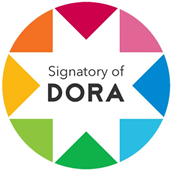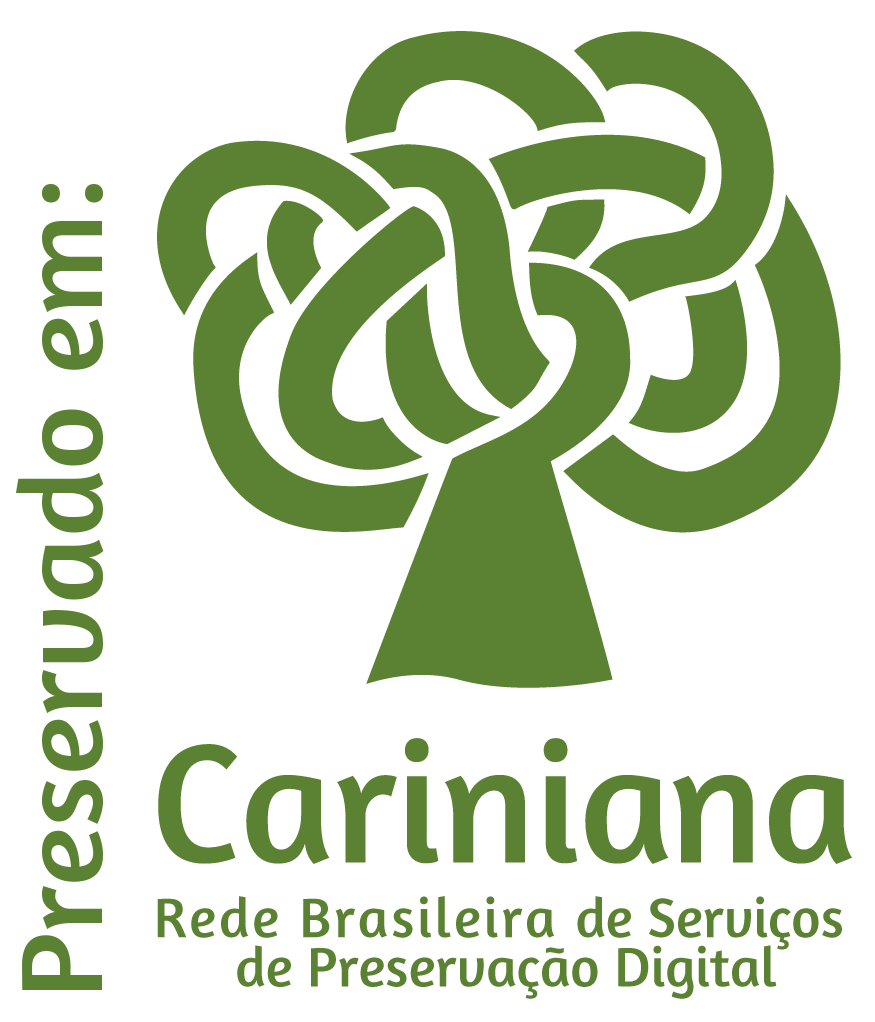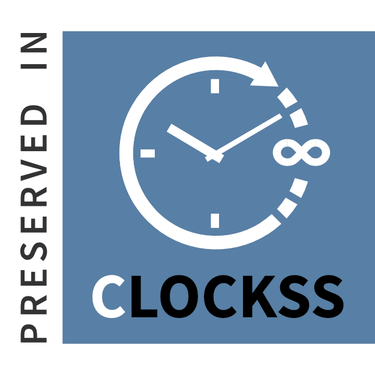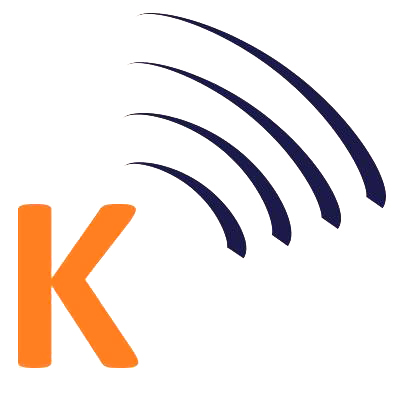The appropriation of the item genre by teachers
a lexical approach
DOI:
https://doi.org/10.31417/educitec.v5i11.671Keywords:
Evaluation, Lexicon, TerminologyAbstract
The main objective of this paper is to reiterate the importance of teachers using the item, discourse gender prototypically evaluative. Consequently, it is taken into consideration the lexical configuration of the items which have been used in
Enem´s exam since its first edition, in 1998, until its latest edition, in 2018. Three categories of lexical classification have been taken under consideration: a) “everyday language” linguistics structures; b) expertise linguistics structures and
c) linguistics gender structures. The ideas exposed here are all according to the studies of the expertise languages (HOFFMANN, 1988; TUTIN, 2007; KILIAN e LOGUERCIO, 2015).The items have been processed with the help of AntConc, a software specially designed to electronically analyse lexicon in texts. The results show that, besides other formal features that make the item an expertise
educational tool (and that, therefore, needs technical knowledge to its
elaboration), the lexicon is also part of these expertise knowledge, being a crucial part of the teachers´ required knowledge to enable them to make more consistent evaluations according to what most schools pursue: its students success in countrywide exams, like Enem itself. Such conclusion is possible due to the
delimited linguistics´ gender structures, that is, by the proving of the existence of linguistics structures which are specific to the making of these discourse gender. It is a basic requirement that teachers (and examiners) know these structures, so
that they can, efficiently, use them in their tests and exams.
Downloads
Metrics
References
ALENCAR, José de. Senhora. Porto Alegre: L&PM, 2010.
ANASTASI, A. (1908) Testes psicológicos. São Paulo: Editora Pedagógica e Universitária, 1975.
ANDERSON, P. e MORGAN, G. Developing tests and questionnaires for a National Assessment of Educational Achievement. Washington: Banco Mundial, 2008.
BRASIL, Ministério da Educação/Secretaria de Educação Básica. Guia de elaboração e revisão de itens INEP. Ministério da Educação, 2010.
CASTRO, C. M. Avaliar não é para amadores. In: SOUZA, A. M. (org.) Dimensões da avaliação educacional. 3.ed. Petrópolis: Vozes, 2011. p. 246-258.
ESQUIROL, J. E. D. Des maladies mentales considérées sous le rapport médica, hygiénique et médico-legal. Paris, 1838.
HOFFMANN, L. (1988). Do texto especializado ao gênero textual especializado. In: FINATTO, M. J. e ZILIO, L. Textos e termos por Lothar Hoffmann: um convite para o estudo das linguagens técnico-científicas. Porto Alegre: Fapergs, 2015. pp. 107-122.
KILIAN, C. e LOGUERCIO, S. Fraseologias de gênero em resumos científicos de Linguística, Engenharia de Materiais e Ciências Econômicas. In. TradTerm, São Paulo, v. 26, Dezembro/2015, pp. 241-267.
LAZARETTI. 2011. Disponível em: <https://goo.gl/YKq3d3> Acesso em 15 ago. 2018.
LISPECTOR, Clarice. A hora da estrela. Rio de Janeiro: Record, 1988.
MAGALHÃES, Pedro T. Império: notas sobre o alcance de um conceito. Revista Relações Internacionais. Setembro de 2013. n. 39. pp.79-89.
MARGULIS, Lynn e SAGAN, Dorion. O que é vida? Rio de Janeiro: Jorge Zahar Editora, 2008.
MORETTO, V. P. Prova: um momento privilegiado de estudo, não um acerto de contas. 9.ed. São Paulo: Lamparina, 2014.
PILETTI, C. e PILETTI, N. História da educação: de Confúcio a Paulo Freire. São Paulo: Contexto, 2012.
PRESCOTT, Chris. Dicionário Oxford de Ciências da Natureza. São Paulo: Oxford University Press Brasil, 2008.
TEREZO, Cláudio Ferreira. Novo dicionário de geografia. 2.ed. São Paulo: Livro pronto, 2008.
TUTIN, A. Autour du lexique et de la phraséologie des écrits scientifiques. Revue française de linguistique appliquée 2, v. XII, pp. 5-14, 2007.
WÜSTER, E. (1930) Internationale Sprachnormung der Technik, besonders in der Eletrotechnik. 3. Aufl, Bonn: 1970.
Downloads
Published
How to Cite
Issue
Section
License
This work is licensed under a Creative Commons Attribution 4.0 International License
This license allows others to share, copy, redistribute material in any medium or format, adapt, remix, transform and develop the material based on their work, even if commercially, giving due credit and providing a link to the license.
The published articles are the property and full responsibility of their authors, who may have them for later publication, always including the original edition, and EDUCITEC Magazine does not have any legal responsibility for its content.
Accepted 2019-05-20
Published 2019-06-10

















